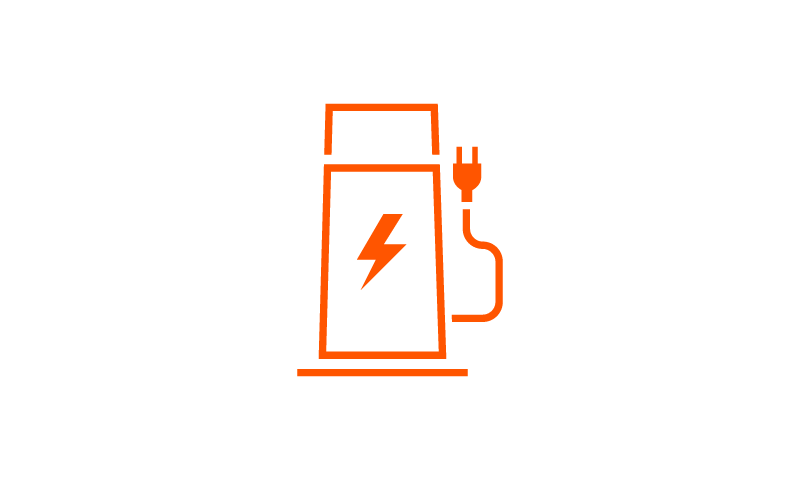The Meteoric Rise of Electric Vehicles – Part ll
In our previous video, we talked about the state of China’s EV market. Today we will examine some of the key players in China’s EV space.
Tesla’s Shanghai factory is the company’s first car manufacturing site outside the USA and key to Elon Musk’s ambition of boosting sales in the world’s largest auto market while avoiding high import tariffs on US-made cars. The new Gigafactory is also the first fully foreign owned auto manufacturing plant in China. Tesla will mainly produce the Model 3 and Model Y for the Chinese market. The aim is to ramp up production to as many as 500k vehicles per year in two to three years’ time.1
BYD has been in the battery business for 24 years with self-owned technology and a leading edge in lithium iron phosphate (LFP) batteries. It introduced a super li-ion battery with lower cost and higher intensity known as the blade battery in March last year. The advantages include better safety, longevity and extended travel range. BYD is also the only auto maker with in-house insulated gate bipolar transistor (IGBT) technology, which is the ideal switching transistor for high voltage applications in NEVs, especially with the industry focusing on energy saving and cost saving modes.
Nio launched a unique Battery-as-a-Service (BaaS) subscription model and set up a Battery Asset Company together with CATL, Hubei Science Technology Investment Group and a subsidiary of Guotai Junan. The Battery Asset Company will be dedicated to purchase and own battery assets, as well as lease batteries to users who subscribe to the BaaS model. This allows users to purchase EVs and subscribe to the usage of battery packs separately.
Li Auto is unique among its peers in that it uses EREV (extended-range electric vehicles) technology. This hybrid solution helps to eliminate consumers’ range anxiety due to lack of charging infrastructure with its 800km driving range while users can also keep the car running by simply filling up at gas stations.
XPeng’s vehicles target the mid-to-high end of the mass market and are characterized by a plentiful array of “Smart EV” features, including voice recognition, large infotainment displays, enhanced connectivity, and various ADAS functions. XPeng strategically established two Smart EV platforms (David and Edward) that are scalable for both SUVs and sedans with different wheelbases within a wide range, which allows them to develop new models in a timely and cost efficient manner.


